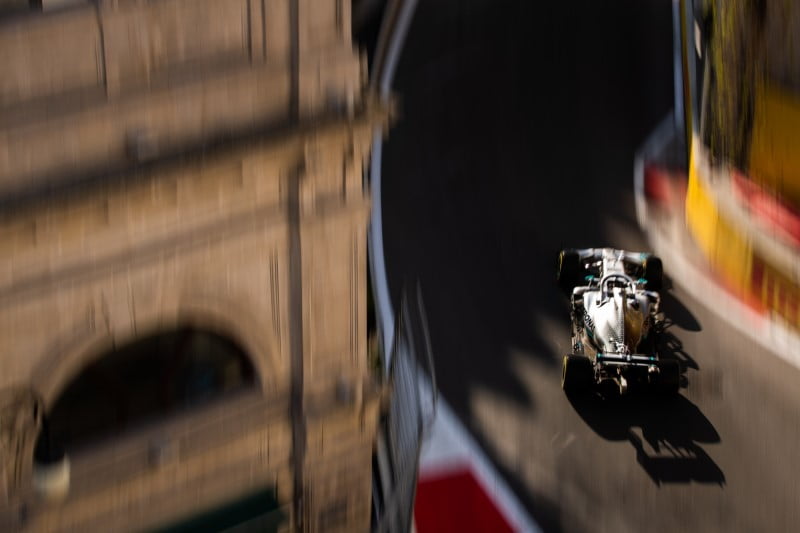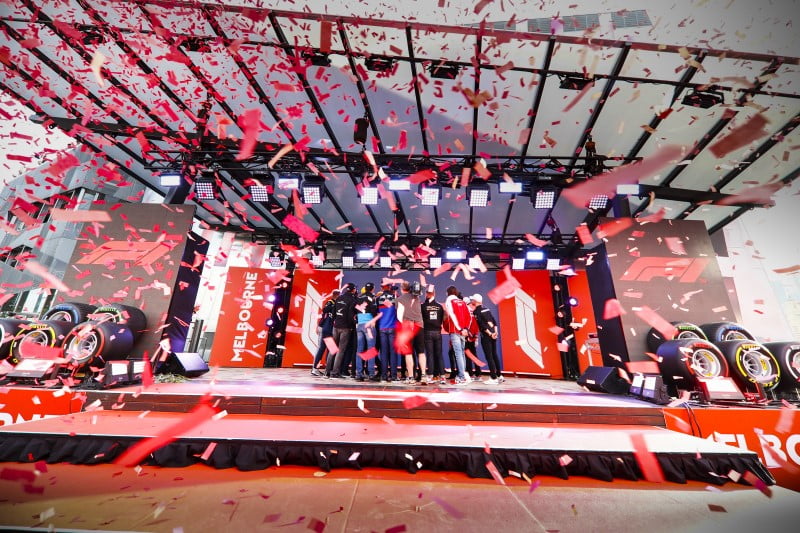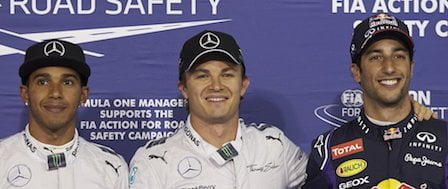Given the pandemic, will F1 struggle to host a street race in 2020?
I’ve always believed that the future of Formula 1 races would be street circuits. After all, they don’t require as much land space + infrastructure investment as compared to their physical counterparts. Also, street circuits allow for races to happen in (or closer to!) the city rather than at a location a few hours away – Singapore, Baku and even Monaco being some prime examples. In fact, for local governments funding the race hosting fee + other costs, it’s probably easier to plan a race in and showcase a metro city rather than the outskirts. The proposed Miami Grand Prix is another example of how Formula 1 and a local government are attempting to expand on this model. The all-electric Formula E operates only on this model hosting almost all of its ePrixs on street circuits.
Ferrari Overlooked Ricciardo Because He’s Fast & Ambitious
In the 2020 Formula 1 season, Vietnam was added with a similar model – a temporary street circuit, one that would make it easier for the fans to access a Grand Prix. In all, a street circuit is a good and cost-effective marketing solution for the sport and the organisers. As for the fans, apart from the ease of access, street circuits haven’t always offered the best of races (although I disagree!). Almost every year after the Monaco Grand Prix, one ends up wondering if Formula 1 should race there in the first place. As for Singapore, it’s not been as bad but Valencia, on the other hand, was another street disaster. If anything, I’d love to have the Baku layout in Monaco!
Permanent Circuits To F1’s Rescue
But don’t get me wrong. I absolutely love permanent racing circuits, especially the iconic ones – Spa Francorchamps, Suzuka, Silverstone, Monza, A1 Ring (yes, I still like to call it that!) and the list goes on. However, I understand the logistical and cost challenges that these circuits face under regular circumstances and why there’s growing preference for the city streets. But in the wake of the ongoing pandemic, it’s the permanent circuits that will come to the rescue of the sport. In fact, let’s not be surprised if the 2020 Formula 1 calendar doesn’t eventually have a single Grand Prix at a street circuit!
Pay TV To Fund Races In F1 2020
The advantage in favour of the permanent circuits are a few. First, their distance from human habitation helps. Second, they’re able to host ‘closed door’ races – or the TV-only races. Third, they’re infrastructure ready to go racing – it’s actually the grand stands and other paraphernalia that is hired and takes time to setup. A week – that’s the timeline Paul Ricard would need to setup for a fan-free Grand Prix, as claimed by their management.
An Evolving Calendar In F1 2020
Also in F1 2020, we might see the actual calendar evolve as the season progresses. Despite the initial optimism around the 2020 British Grand Prix in July, it might be that the race is postponed to August. In my view, we may see a few races in July followed by a break before we have more races from August onward. Also, I think most races will be hosted in Europe given the ease to travel like a circus (literally!).
Maybe a mix of state power and money might buy Formula 1 exclusive access to a few circuits in the Middle East, too. So don’t be surprised (and/or disappointed) if Formula 1 races at a venue more than once or even twice. We might reach a stage where having multiple races at the same venue is better than having fewer races in the season.
In these times, hosting a Formula 1 Grand Prix would mean revenue, creating temporary jobs and generating postitive PR for these circuits. This is why circuits that couldn’t ‘afford’ to host a Formula 1 Grand Prix in the past (Imola, Hockenheim, Algarve, etc.) are now offering their infrastructure to Formula 1 to host races in 2020. From paying to host a Grand Prix, the circuits would now be paid to host it! But of course, it’s not as straightforward given that there’s a local promoter involved, too. (Read: Liberty Media To Turn Race Promoter In F1 2020)
But the silver-lining of this pandemic could be that Liberty Media realise that Formula 1 could host Grands Prix by itself and without a local promoter – just like it’s attempting with Miami. Could this be the ‘new normal’ once Formula 1 resumes normalcy?














